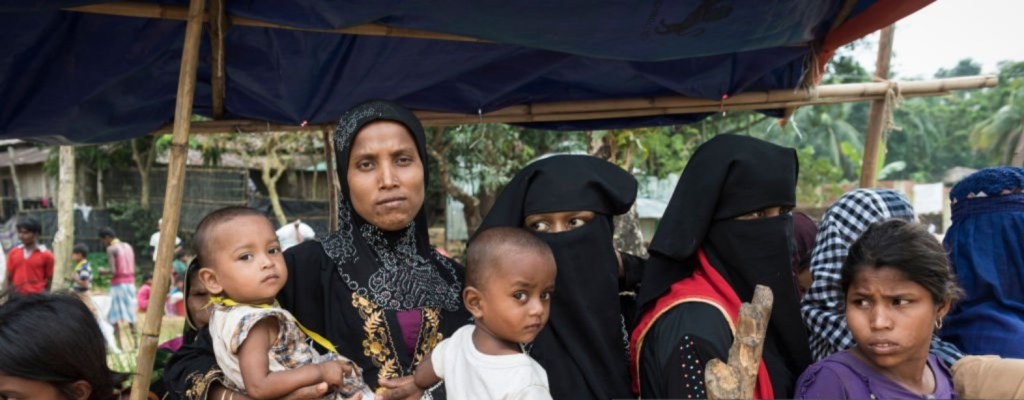
In the sprawling refugee camps of Cox’s Bazar and Bhasan Char, Bangladesh, a powerful alliance between MAP International, the World Health Organization (WHO), and Edenbridge Pharmaceuticals undertook a critical mission. This collaboration launched a Mass Drug Administration (MDA) campaign, distributing Ivermectin to combat the rampant scabies outbreak among Rohingya refugees, who fled violence and persecution in Myanmar.
This united effort brought much-needed relief to the refugees — and improved their overall health and well-being. It also showcases the massive impact of partnership in addressing global health crises.
Desperate Plight of the Rohingya: Seeking Refuge in Bangladesh After Fleeing Persecution in Myanmar
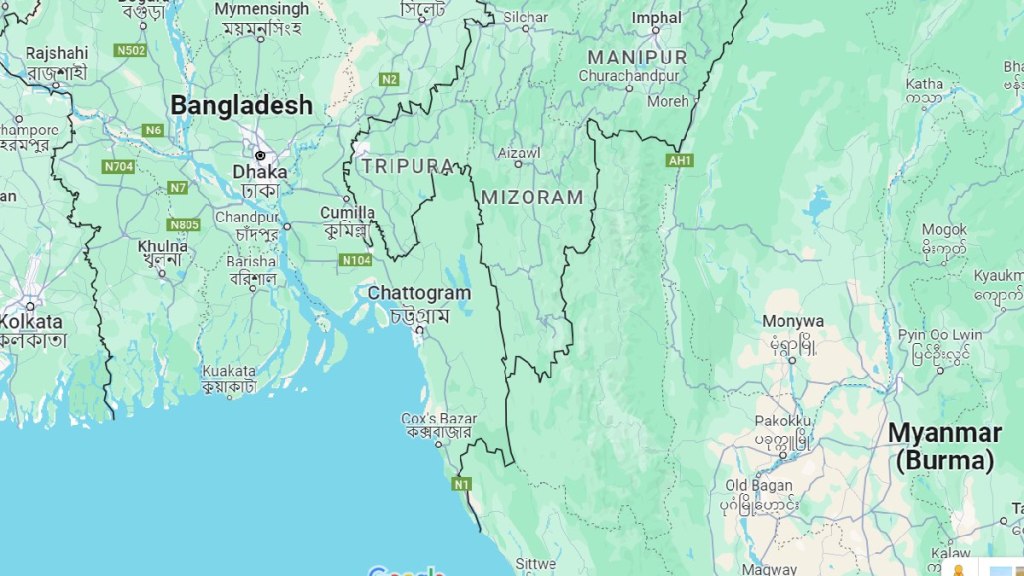
The serene landscapes of Cox’s Bazar and the remote island of Bhasan Char in Bangladesh have become unlikely sanctuaries for nearly one million Rohingya refugees.
The Rohingya, a predominantly Muslim ethnic minority, originate from Myanmar’s Rakhine State, which borders Bangladesh. While the Rohingya have lived in Myanmar for centuries, the government doesn’t recognize them as an official ethnic group. Also, they have been ineligible for citizenship since 1982 — essentially making them stateless.
Sadly, the Rohingya have long faced systemic discrimination and targeted violence. This reached a peak in August 2017 when a brutal military crackdown in Myanmar against alleged militant attacks led to widespread atrocities, forcing hundreds of thousands to flee for their lives. Almost half of the refugees are children, a significant number of whom have lived their entire lives in refugee status.
These resilient souls sought safety and a chance for a new beginning in Bangladesh, carrying with them harrowing tales of burned villages, mass killings, and human rights abuses. Their journey, however, brought with it new challenges, including overcrowded living conditions in the refugee camps, which became fertile grounds for health crises, further compounding their struggle for survival and dignity.
Scourge of Scabies at the Cox’s Bazar and Bhasan Char Refugee Camps
Among the myriad of challenges faced by the Rohingya, a persistent upsurge of scabies emerged as a significant health concern. Scabies is an intensely itchy skin condition caused by a tiny mite called Sarcoptes scabiei. These mites burrow into the skin, laying eggs and producing toxins that lead to allergic reactions and severe itching. The condition is highly contagious, spreading through direct skin-to-skin contact or from shared clothing and bedding, making crowded living conditions a hotbed for outbreaks.
In the congested refugee camps, scabies spread rapidly, severely impacting the community’s well-being and quality of life. The relentless itch and resultant skin infections cause much physical discomfort. It also affects sleep, mental health, and social interactions, exacerbating the already dire conditions in the camps.
A WHO survey in May 2023 revealed a staggering 39% prevalence rate of scabies among the Rohingya, highlighting the urgent need for a comprehensive intervention.
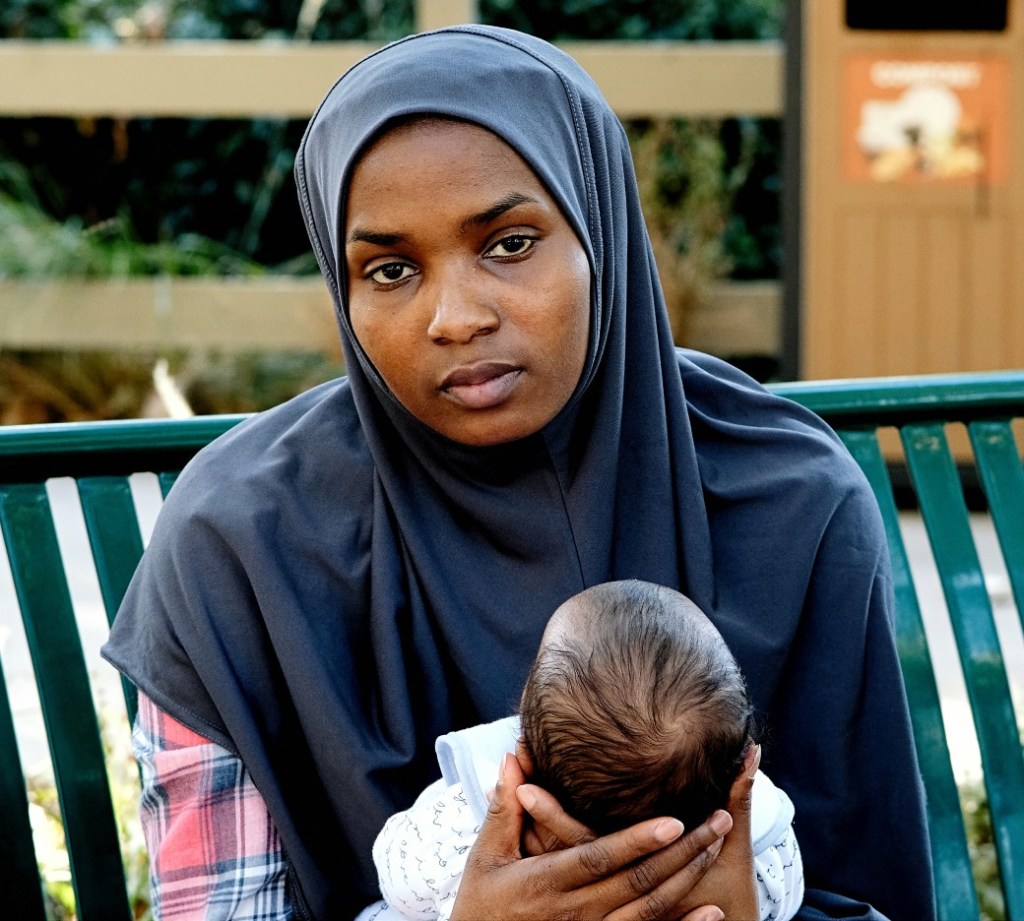
Healthcare organizations in the area have seen an overwhelming number of scabies cases, with about 750 cases daily, surpassing their ability to manage. Alarmingly, children make up roughly 80% of these cases, enduring the persistent discomfort of the infestation. The already challenging conditions in refugee camps are made even more unbearable by the relentless itching of untreated scabies.
World Health Organization Faced Challenges in Securing Medication to Treat Scabies
The World Health Organization spearheaded the Mass Drug Administration (MDA) campaign, leveraging its global expertise in public health initiatives. The goal of the campaign was to treat 992,500 Rohingya refugees for scabies with 5.2 million Ivermectin tablets and 185,000 tubes of Permethrin cream. The Ivermectin 3 mg tablet is the preferred treatment for scabies in the MDA, while the Permethrin 5% cream is for contraindicated cases.
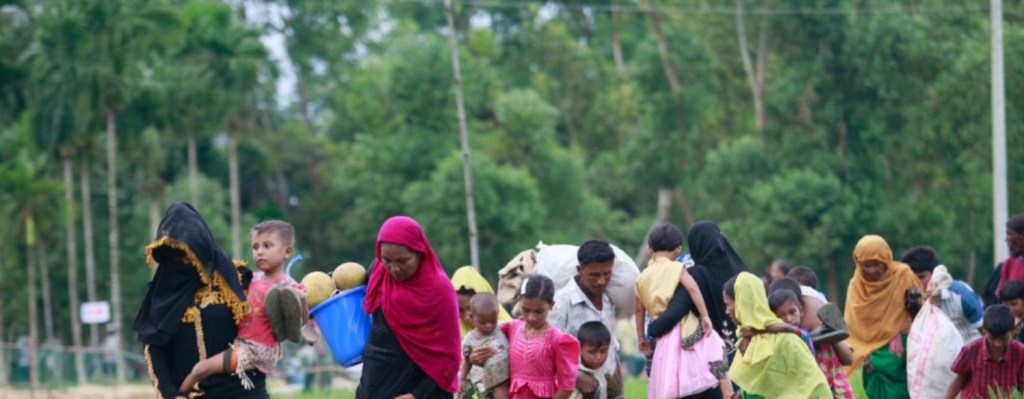
However, the WHO faced challenges in securing the necessary medication to treat the scabies. This includes the limited global drug availability, financial constraints, and delays in the procurement and logistics of distributing the medicine.
“For over a year, we have been working hard on the process which faced many obstacles. One of the biggest challenges was the huge financial cost of delivering two doses for one cycle of MDA, which was almost USD 1 million,” said Dr. Jorge Martinez, Head of the WHO Sub Office in Cox’s Bazar.
MAP International and Edenbridge Pharmaceuticals Bring Relief with WHO Mass Drug Administration Campaign
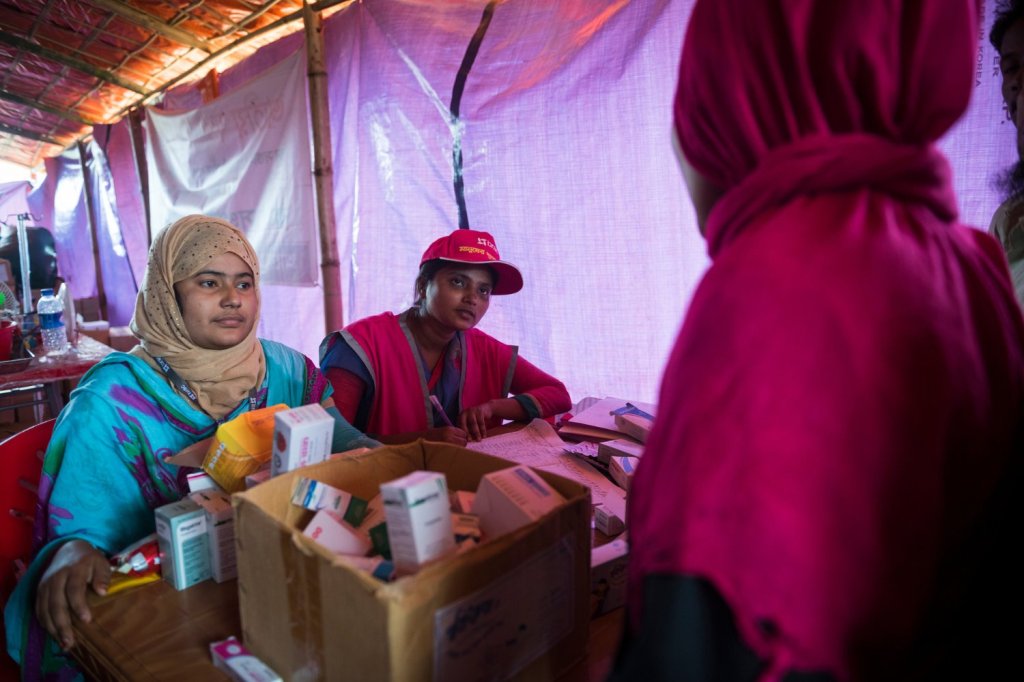
Recognizing the urgent need for action, MAP International swiftly got involved. The global health organization has a 70-year history of providing medicine and health supplies to those in need around the world. MAP identified the critical need for effective treatment of scabies for the Rohingya refugees — and facilitated a pivotal partnership with Edenbridge Pharmaceuticals.
Edenbridge donated 3.2 million Ivermectin tablets, which are crucial for the treatment of scabies. MAP then airlifted the pallets of Ivermectin to the refugee camps in Bangladesh at its own expense.
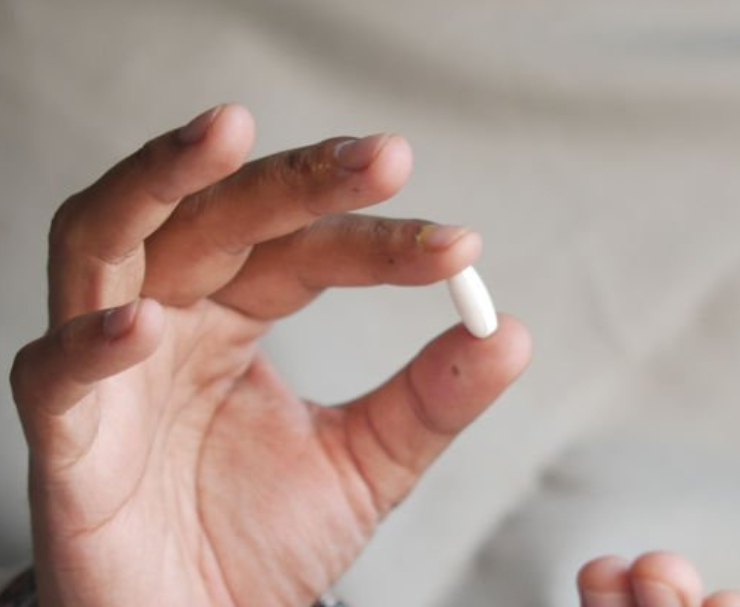
“Edenbridge Pharmaceuticals is grateful to have had the opportunity to support MAP International and the WHO in their efforts to assist those in need,” said Mike White, Edenbridge’s Senior Vice President of Sales & Marketing.
Steve Stirling, MAP’s President and CEO, added: “This partnership with Edenbridge Pharmaceuticals and the WHO was the key to creating a practical solution to a rather desperate problem. Our desire is that through this medicine, Rohingya refugees will experience both health and hope in the middle of a difficult situation.”
Furthermore, the 3.2 million Ivermectin tablets from MAP and Edenbridge helped galvanize the procurement of additional medicine. The WHO secured an additional 2 million Ivermectin tablets and 185,724 Permethrin cream tubes from its global channels to address potential shortages. This included medicine from the U.S. Department of State, the Bureau of Population, Refugees, and Migration (BPRM), and the United Nations International Organization for Migration (IOM).
MDA Campaign is a Success: Rapid Drop in Scabies and Over 100% Coverage
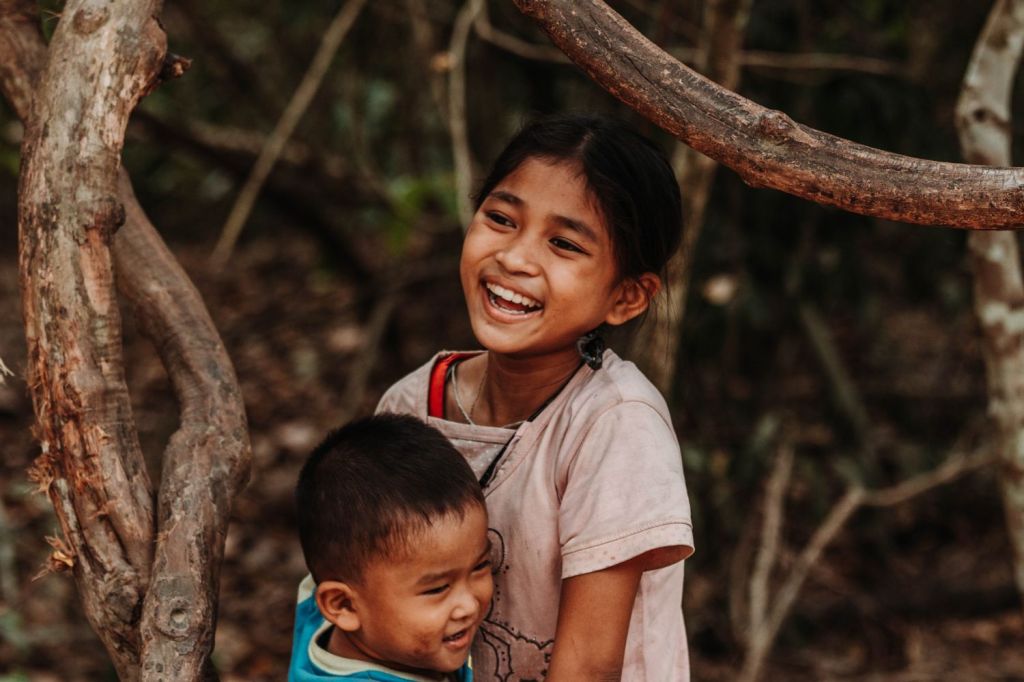
The MDA campaign, running from November 29, 2023, to February 3, 2024, marked a monumental effort in global health. Through the collective efforts of the WHO, MAP International, Edenbridge Pharmaceuticals, and healthcare workers and volunteers, the campaign successfully administered Ivermectin and Permethrin to refugees for the treatment of scabies.
The MDA initiative in Bangladesh achieved a remarkable coverage rate of 104.1%, which means it covered all Rohingya Refugees who live in the camps — and the host population.
The WHO trained and prepared approximately 100 healthcare workers to oversee the MDA process. Also, an impressive cadre of 130 Community Health Worker Supervisors and over 1,600 UNHCR-led Community Health Workers were trained to administer the MDA treatment, ensuring that each dose of medication reached its intended recipient with precision and care.
Drug hesitancy from the Rohingya was considerably low for the Ivermectin — less than 2%. Additionally, the refugees were very receptive to the Permethrin cream, given its high demand and clarity of use.
After the mass administration of Ivermectin, there was a rapid drop in weekly cases of scabies and other skin infections at the refugee camps.
By fostering a healthier environment, the initiative contributes to the broader goal of enhancing the overall well-being and resilience of the Rohingya, empowering them to rebuild their lives with dignity and hope.
“This MDA is a significant accomplishment for WHO Bangladesh and its health sector partners, demonstrating our commitment to improving the health and well-being of Rohingya refugees and host communities in Cox’s Bazar,” said Dr. Bardan Jung Rana, WHO’s Representative in Bangladesh.
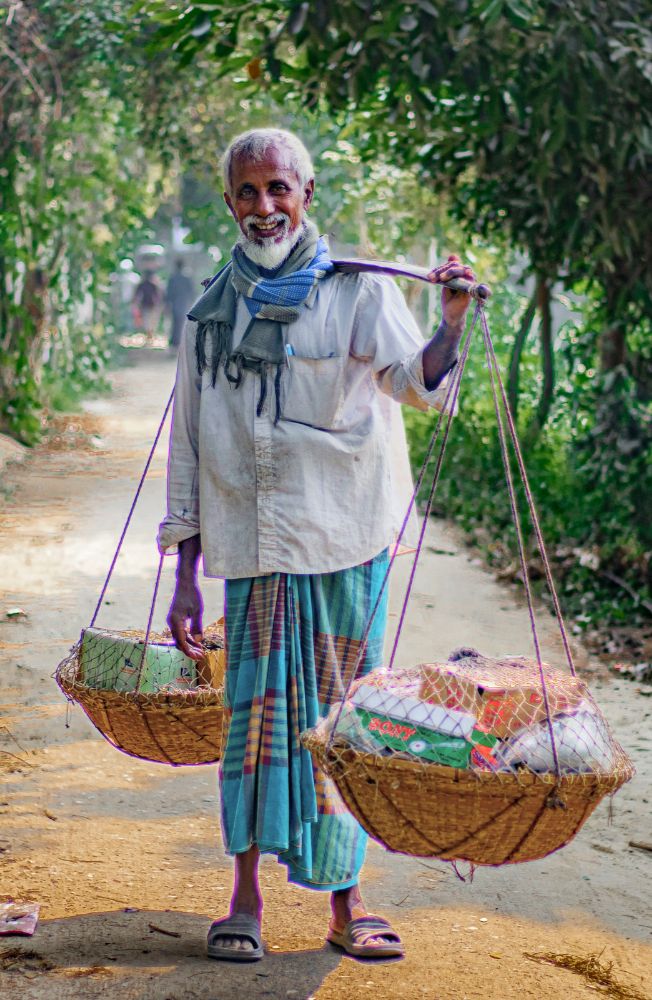
The Road Ahead for the Rohingya Refugees — and the Next Steps for the Campaign
While the Mass Drug Administration campaign marked a major accomplishment, the road toward sustained health improvements for the Rohingya continues. Healthcare and many other challenges for this persecuted population remain. Since scabies is such a prevalent disease in Rohingya refugee camps, it’s not possible to completely eradicate it in the short-term. However, the MDA could bring scabies transmission below the 10% emergency level that health facilities at the refugee camps can manage — without being overwhelmed.
Additionally, the WHO is in the process of organizing a post-MDA campaign evaluation. It will assess the campaign’s effectiveness in reducing scabies transmission and investigate any correlation with the MDA campaign efforts.
The outcome of this evaluation will shape the next steps for the WHO and its partners. Any new findings with scabies prevalence above 10% may require another round of the MDA campaign. This would necessitate additional donations of medicine and funds for logistics. If needed, MAP International and Edenbridge Pharmaceuticals could potentially play a pivotal role in distributing medicine for a second MDA round at the refugee camps.
Long-Term Positive Impact on the Rohingya Community
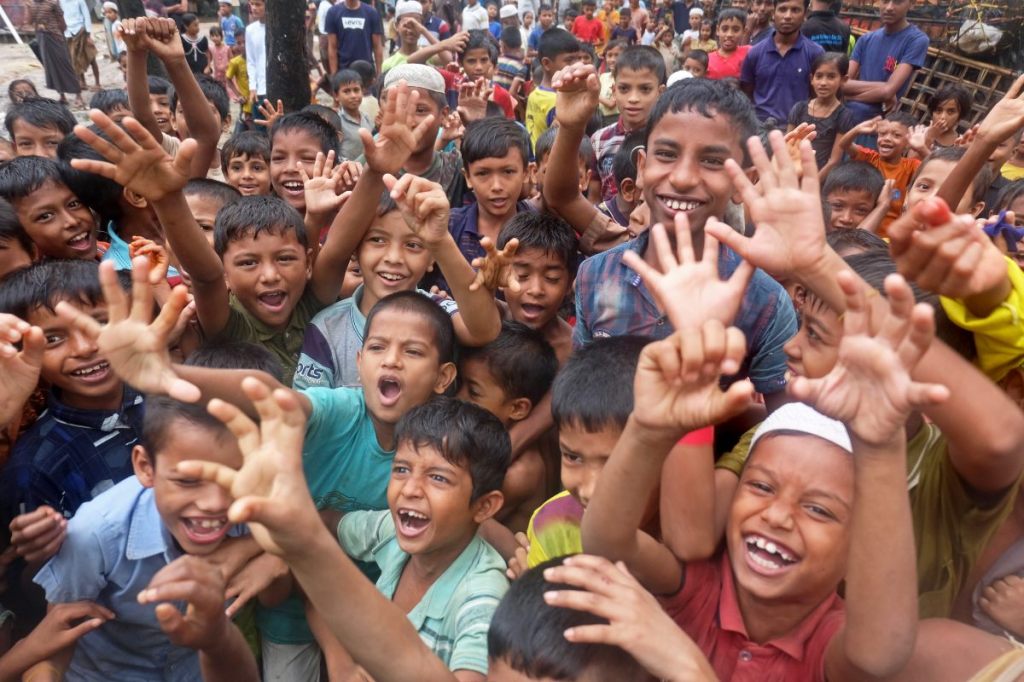
The initiative promises long-term benefits for the Rohingya community, significantly alleviating the discomfort of persistent itching and the resulting sleepless nights caused by scabies. These improvements enhance the refugees’ overall quality of life.
Another successful aspect of the MDA campaign is how it improved the level of confidence and trust between the Rohingya community — and health sector partners and humanitarian organizations. This is critical. The WHO and its partners honored their pledge to provide the medicine, which resulted in the Rohingya having greater trust in them. Ultimately, this benefits the health and well-being of the refugees. Furthermore, this improved confidence in the WHO and its partners helps improve the overall operations at the camps.
Additionally, after the successful treatment of the scabies outbreak, health sector partners at the refugee camps will feel some sense of relief from the overburdening scabies-related consultations. This, in turn, frees up resources to address other burdening health issues for the Rohingya community.
MAP, WHO, and Edenbridge Partnership: Blueprint for a Healthier Future for Global Refugee Communities
Furthermore, the long-term impact of the MDA campaign extends beyond the immediate alleviation of scabies for the Rohingya in Bangladesh. It represents a blueprint for tackling other health challenges for refugee communities around the world. With collaborations such as this MDA campaign with MAP International, WHO, and Edenbridge Pharmaceutics, refugees in dire need get a fighting chance — and a path to a healthier life.
Sources:
World Health Organization (WHO)




